Pakistan Has Passed A New Anti-Rape Law That Speeds Up Rape Trials And Toughens Sentences
Pakistan has passed a new anti-rape law that will create special fast track courts to try rape trials within four months and toughen sentences.
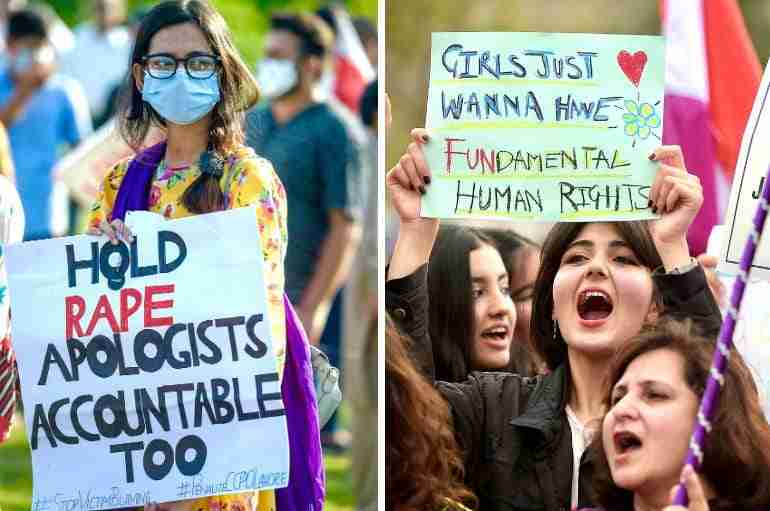
Pakistan has passed a new anti-rape law on Wednesday, Nov. 17 that will create special fast track courts to try rape trials within four months and toughen sentences.
The law will prohibit disclosing the identity of rape victims, as well as establish a national sex offenders registry and rape crisis cells for victims to undergo a specialist medical examination within six hours of reporting the incident, according to the Guardian.
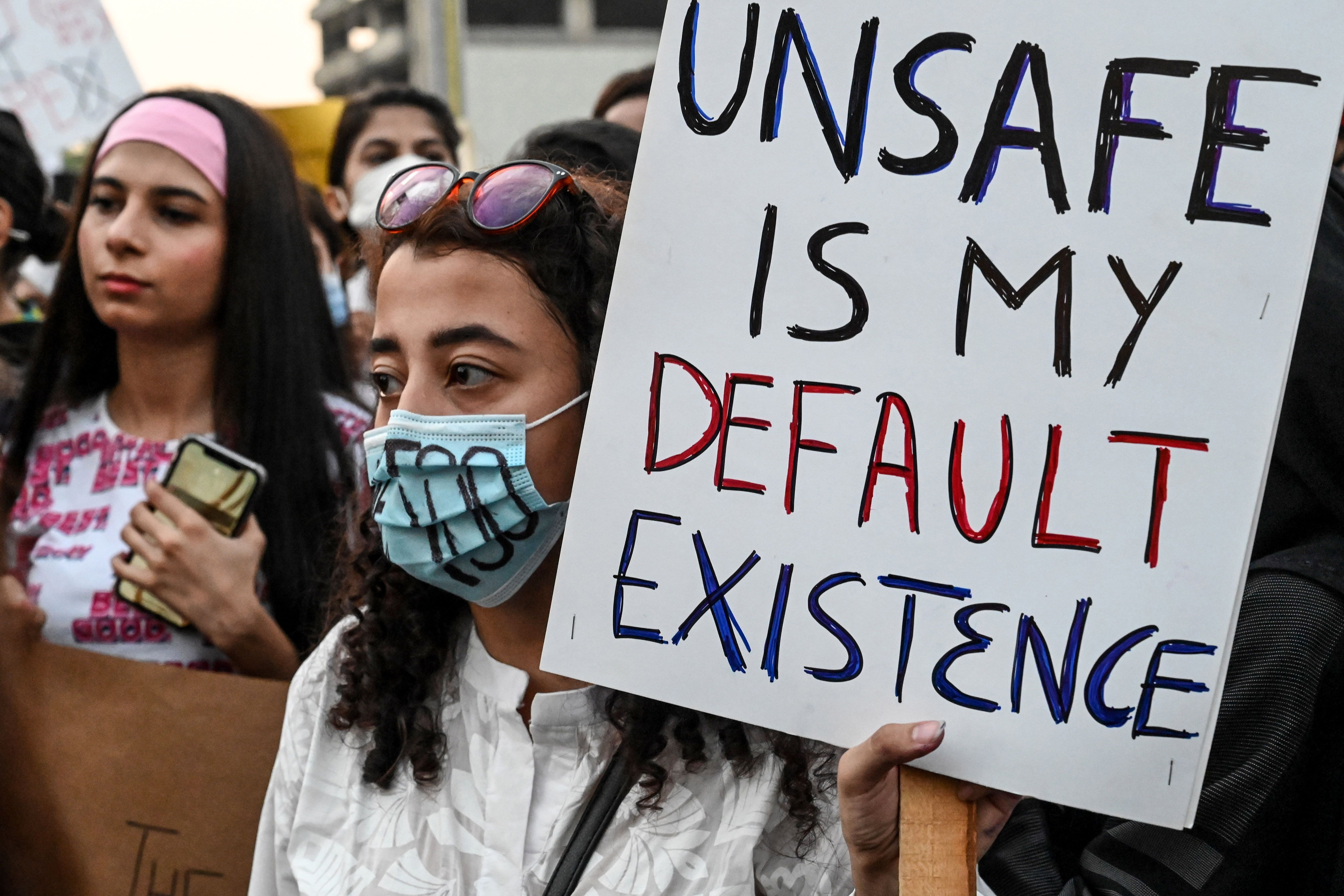
Under the law, serial rapists may be sentenced to chemical castration, and police officers could be imprisoned for three years for being negligent in investigating rape cases.
Those convicted of gang rape could be sentenced to death or life in prison.
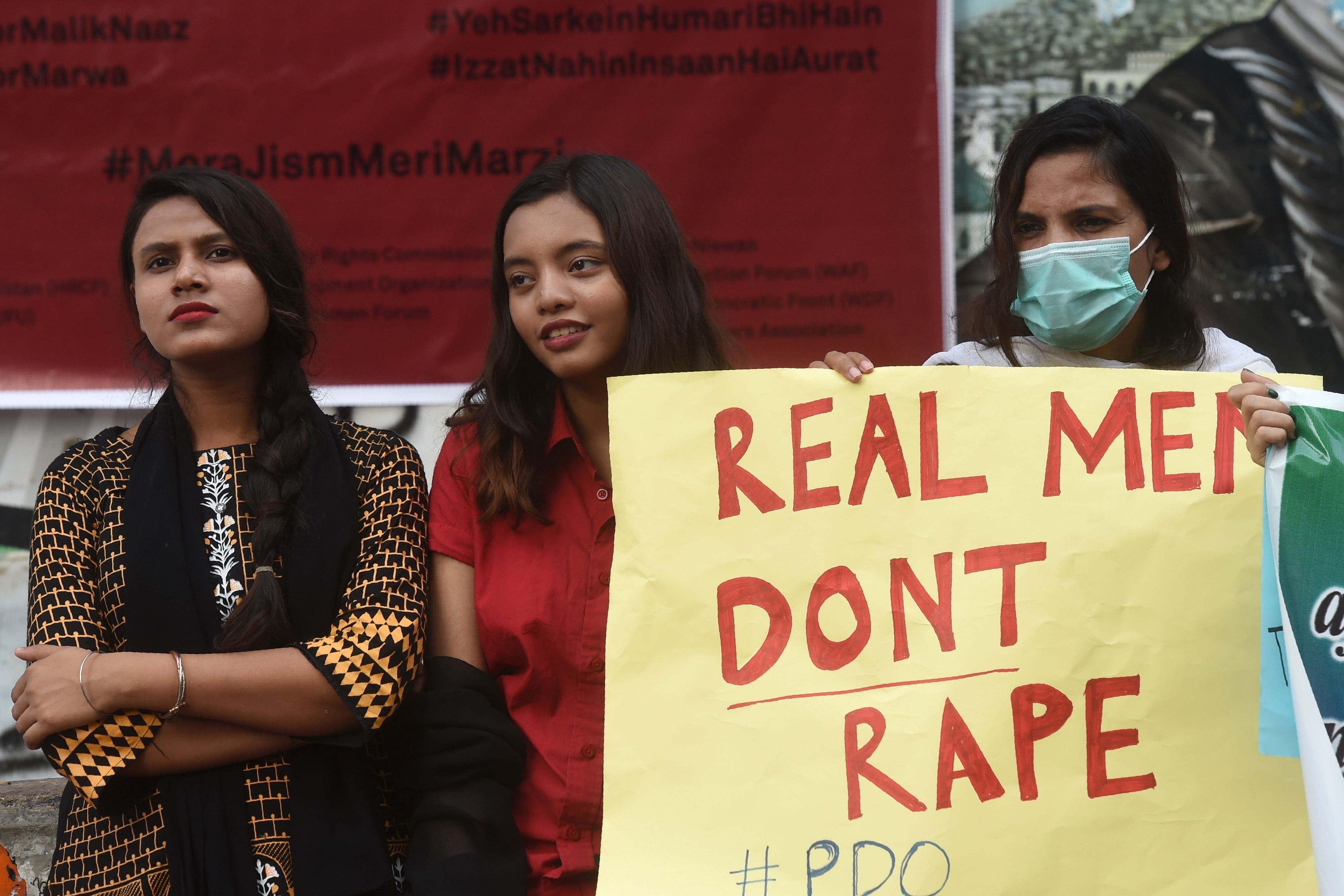
The move comes after a woman was gang-raped in front of her children when her car broke down on the highway in Lahore in September last year.
The case sparked nationwide outrage and protests after the lead investigator suggested the woman should have taken another highway and made sure she had enough fuel for the journey, Reuters reported.
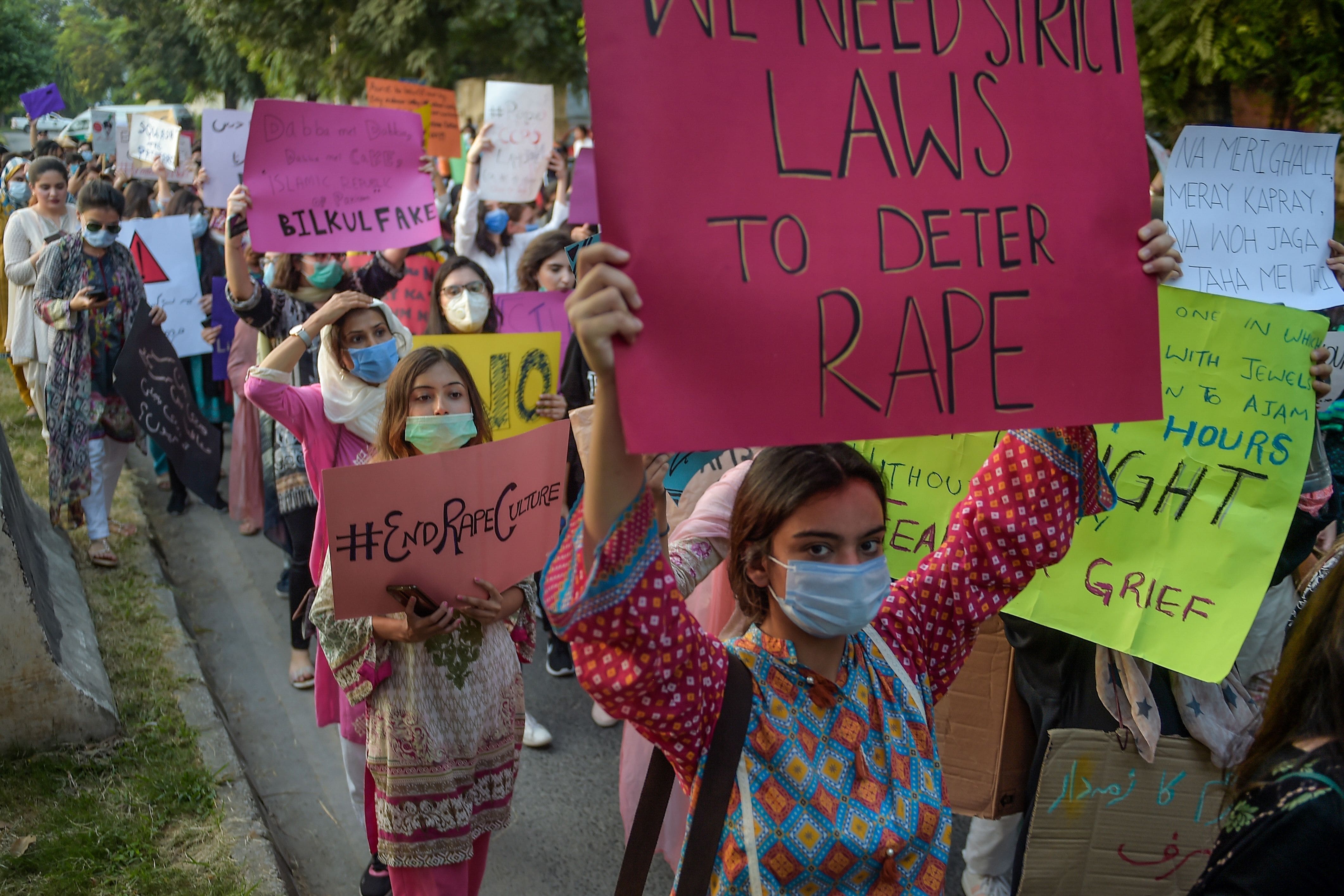
Two men were arrested a month later, according to CNN.
In Pakistan, fewer than 3% of sexual assault or rape cases result in a conviction, Reuters reported, citing War Against Rape.
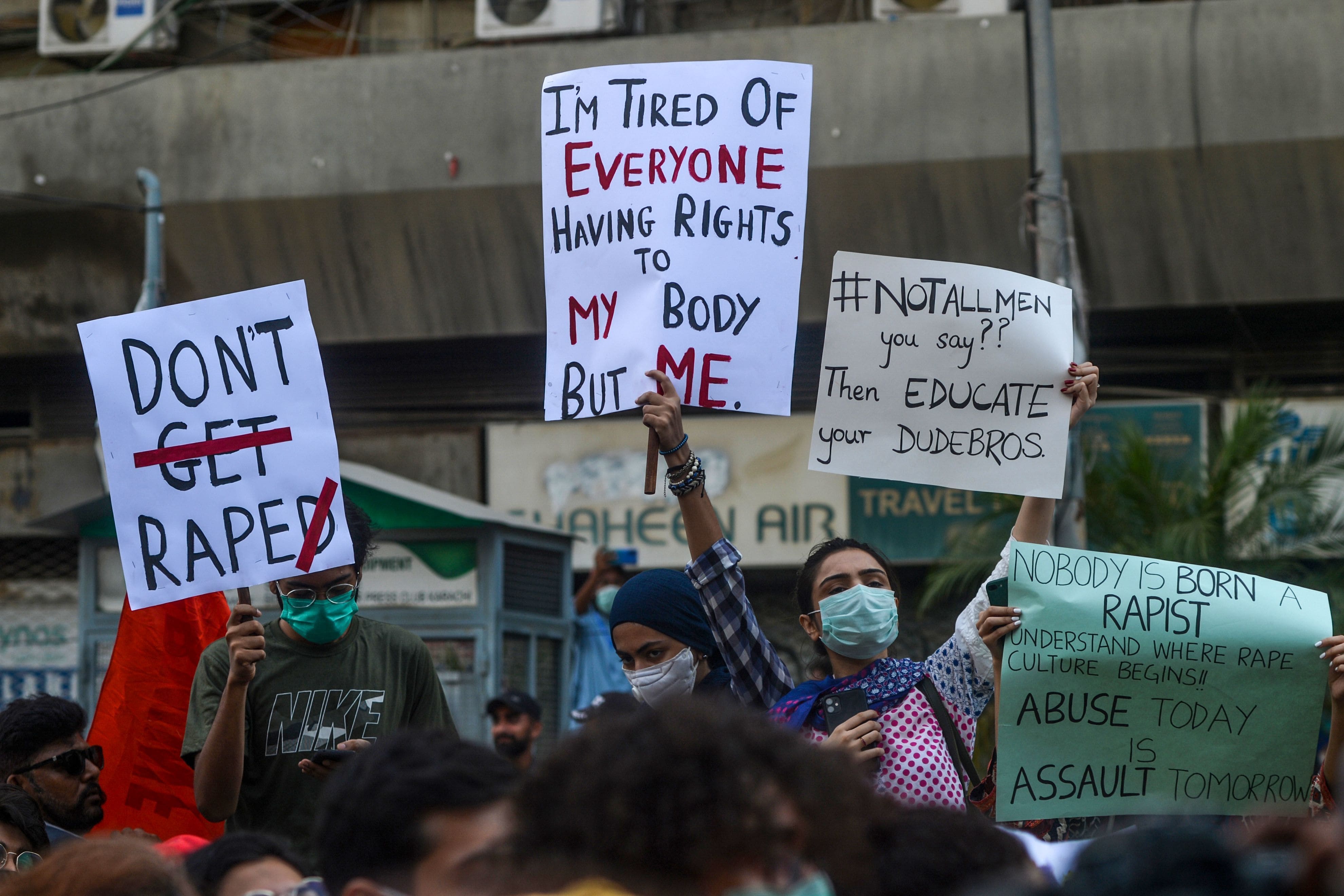
There were at least 845 incidents of sexual violence against women in the country in 2018, according to the Human Rights of Pakistan, which said that violence against women often goes unreported especially in rural areas, where poverty and stigma prevent victims from speaking out.
When the bill was introduced in December last year, Amnesty International said in a statement that chemical castration was a “cruel and inhuman” penalty, according to CNN.
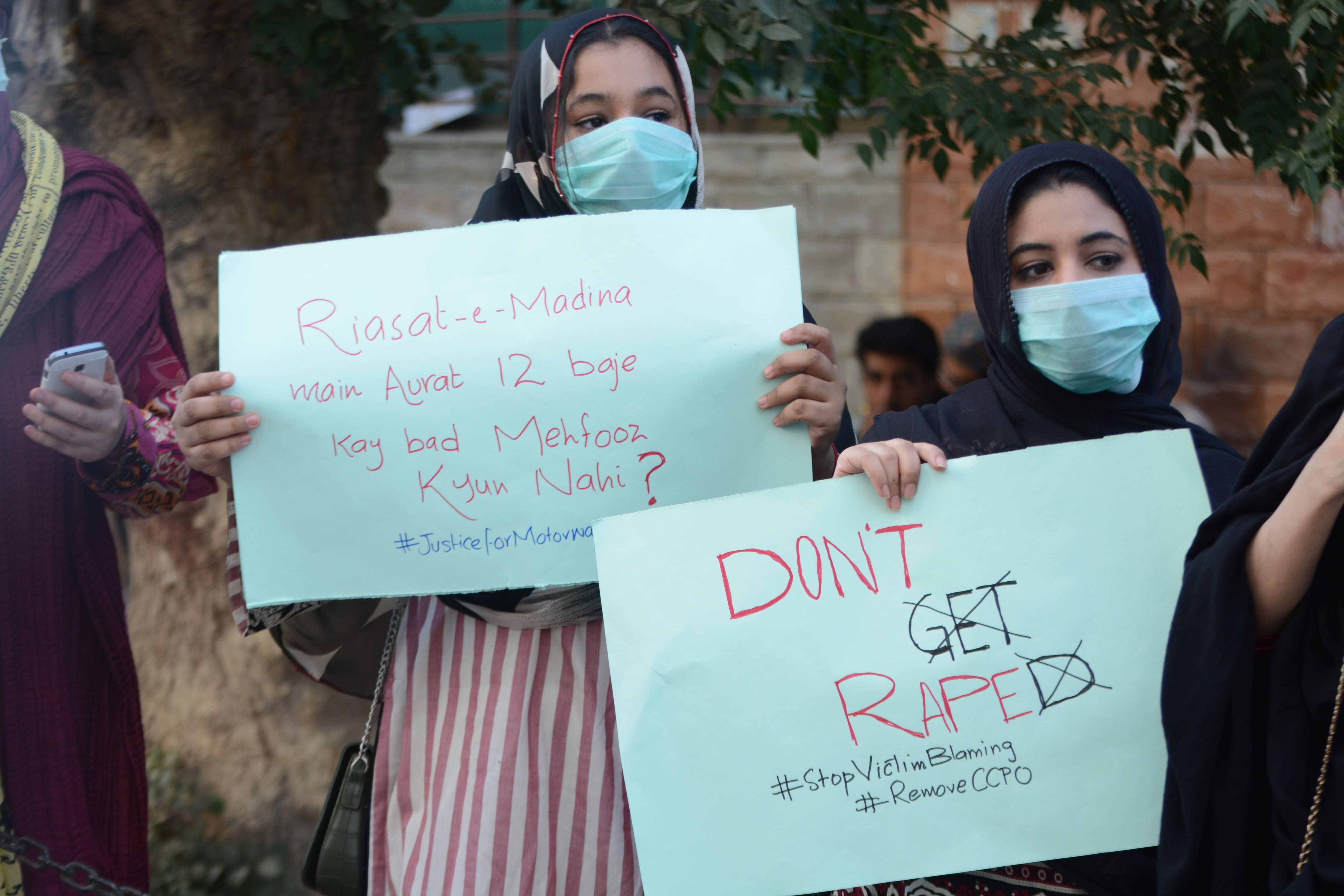
Chemical castration, a practice that uses drugs to reduce libido or sexual activity, is a legal punishment in several countries, including Poland, South Korea, the Czech Republic, and some U.S. States.





